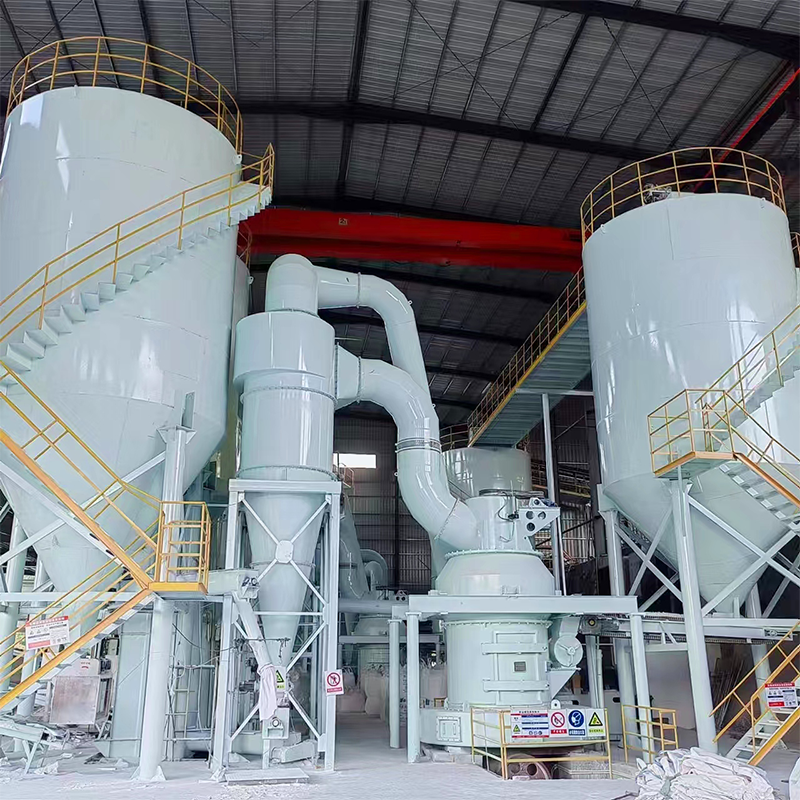In industrial milling systems, especially high-precision equipment like the 4 Roller Raymond Grinding Pendulum Mill, controlling the internal environment of the machine is critical to performance and workplace safety. One of the key technical advancements in the latest generation of Raymond mills is the adoption of full negative pressure operation. Unlike positive pressure systems that often struggle with dust leakage and instability, negative pressure configurations create a self-contained airflow loop that actively prevents the escape of fine particulates and ensures the smooth transport of materials throughout the grinding circuit.
This pressure differential is not just about environmental control; it directly impacts product quality and equipment efficiency. When the mill operates under negative pressure, air is continuously drawn inward, reducing the chances of airborne dust dispersing into the workshop. This stabilizes the internal air environment, allowing for more consistent separation of finished powder from coarse particles. In the LYH998 series 4 roller pendulum mill, this translates to better yield rates and tighter control over product fineness, especially when processing demanding materials like non-metallic minerals or industrial chemicals.
The relationship between pressure regulation and system durability also deserves attention. Full negative pressure operation helps to minimize the accumulation of dust within sensitive components such as the separator, cyclone collector, and pulse dust filter. By keeping these areas cleaner during operation, the service life of wear-prone parts is extended, and the need for frequent maintenance is reduced. This kind of smart airflow design reflects both deep industry experience and an understanding of real-world production line challenges—something we’ve prioritized in the design of our LYH998 grinding line.

Another advantage lies in energy efficiency. With negative pressure ensuring a steady, streamlined airflow from material input to finished powder collection, auxiliary systems like fans and dust collectors can operate at optimal load without overcompensating for turbulent or escaping air. In practice, this reduces energy loss and allows the Raymond mill to maintain consistent performance even at high throughput. For manufacturers and processing facilities focused on long-term operational cost control, this benefit can be significant.
Moreover, the sealed nature of a negative pressure grinding system contributes to improved site hygiene and regulatory compliance. Dust emission standards have become increasingly strict across global markets, and investing in a grinding solution that inherently supports cleaner air handling is not just responsible—it’s good business. In fact, several clients have noted that integrating our 4 roller Raymond mill has helped them pass local environmental audits more easily and cut down on external dust suppression requirements.
While full negative pressure operation might sound like a secondary design feature at first glance, it plays a central role in ensuring that every part of the grinding process—from feeding and crushing to classification and discharge—is stable, clean, and energy-efficient. This becomes even more important in automated systems controlled by intelligent PLCs, where pressure stability directly affects sensor feedback and automated adjustments.
In short, the value of full negative pressure operation in the 4 Roller Raymond Grinding Pendulum Mill isn’t just about reducing dust—it’s a key element in a well-integrated system that supports long-term reliability, product quality, and overall plant efficiency. As a manufacturer committed to continuous improvement and customer feedback, we believe that these technical choices matter, especially when they lead to a better user experience and a more profitable production process.

 English
English 中文简体
中文简体 русский
русский Français
Français Español
Español عربى
عربى
